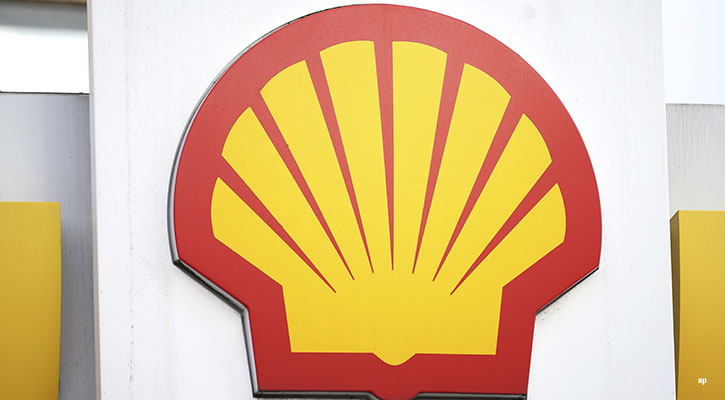James Gard: Public opinion can be fickle. Earlier this year people were angry with oil companies for making excessive profits but now it’s the turn of the banks. Once again the government is taking action, asking executives to explain why savings rates aren’t higher, and what banks are doing to ease the mortgage and inflation crunch. The row over Farage’s Coutts account has not helped the public perception of UK banks either. As with BP and Shell, windfall taxes are being discussed as a way of reining them in. That brings us on to our stock of the week HSBC, which is larger than NatWest, Lloyds and Barclays combined. The company has had a great year so far, doubling profits in the last six months and seeing a 20% gain in the share price. There’s always been a feeling that HSBC is different to other UK high street banks; its size, its presence in Asia etc. And that’s been the case with results this year, which have been better than NatWest and Lloyds.
It’s also announced further buybacks. And while the most recent divdend is the same as in the first quarter, the yield is now more than 5%. Morningstar analysts raised their fair value estimate for the bank’s Hong Kong shares, and they say there’s still a 20% upside for both UK and Asia listed stocks. There are risks to this scenario. The bank’s chief executive said that tougher times are still ahead, especially for UK mortgage customers. HSBC has fought off an attempt to break up into eastern and western arms, but the idea that it is too big doesn’t go away. Beijing remains a looming presence as we saw over protests in Hong Kong. And this March there was a mini financial crisis in US banks. The problem with banks is investors want the sector to make money – and soaring interest rates provide the perfect conditions for that – but regulators want them to be safe and boring and well capitalised. Savers and borrowers want them to be pay decent interest but also provide cheap financing, as they have done for over 10 years. Not all of these groups are going to be happy with how banks operate. For Morningstar, I’m James Gard



























